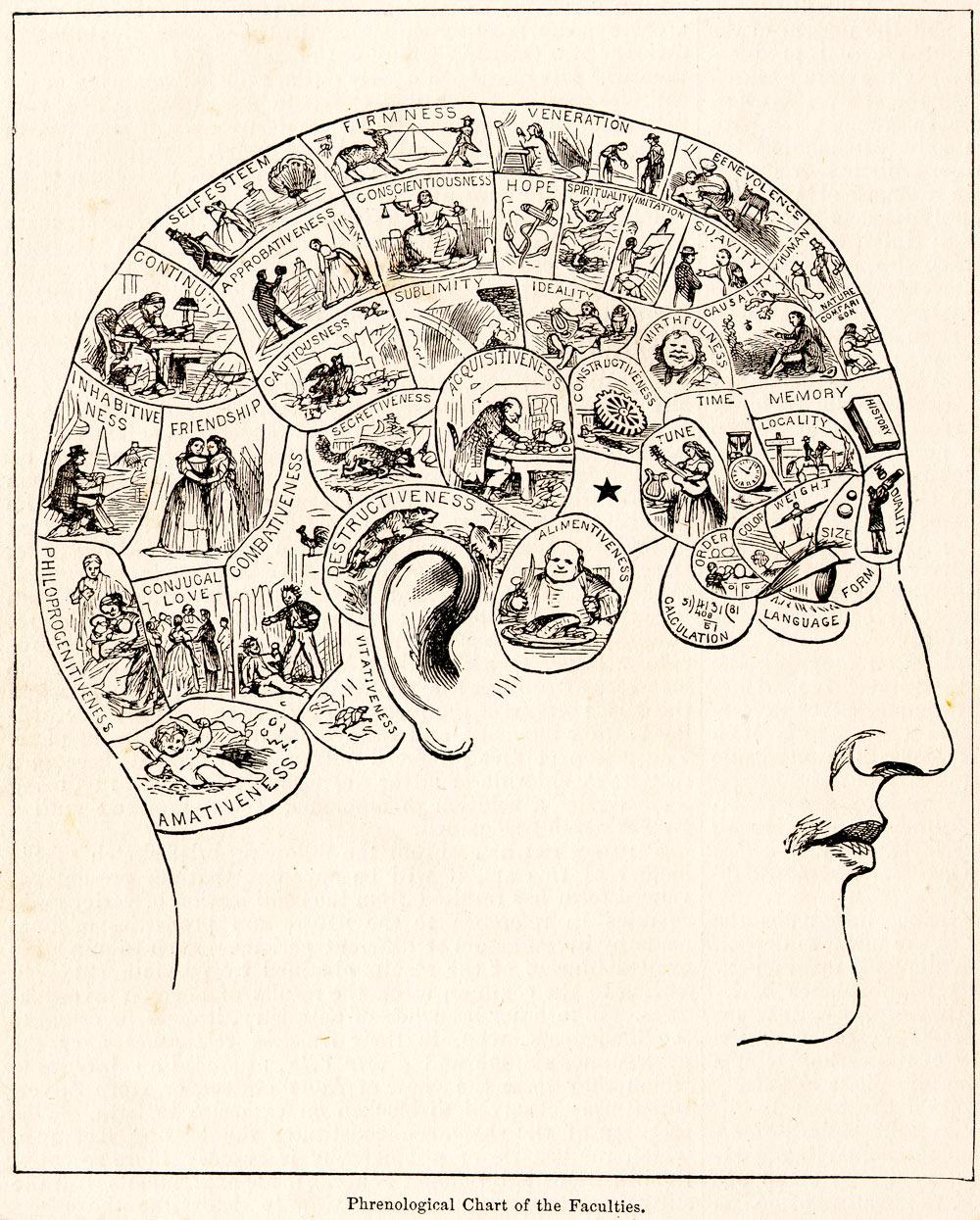- This topic has 0 replies, 1 voice, and was last updated by .
-
AuthorPosts
-
March 21, 2024 at 11:05 pm #1924Up::1
In the realm of mental health practices, India has played a significant role within the complex framework of Western psychiatry for an extended period. However, amidst the dominance of Western concepts, the ancient wisdom of Sanatan Dharma, with its roots in scriptures like the Bhagavad Gita, offers a unique and profound perspective on the mind and mental well-being.

Embracing a Holistic Approach
In the bustling world of contemporary psychiatry, heavily influenced by Cognitive Behavioral Therapy (CBT) and other Western models, the ancient Indian system of medicine advocates for a holistic approach. Sanatan Dharma emphasizes traditional methods like yoga and meditation, considering the mind and body as non-dualistic entities.The Bhagavad Gita, a written manifestation of this ageless wisdom, stands as a guiding light for those seeking psychological balance. It narrates the tale of a person grappling with a refusal to engage in their work, akin to a modern adjustment disorder. The profound counselling delivered in the Gita, rooted in the theory of mind from ancient India, unravels a narrative of transformation and transcendence.
Psychopathology and Positive Mental Health
The Gita’s teachings go beyond addressing psychopathology; they redefine mental health as not merely the absence of illness but the presence of happiness independent of external factors. The scriptures delve into the roots of affliction, attributing it to misplaced attachment and a flawed concept of self. The antidote prescribed involves unattached actions, accurate self-awareness, and the awakening of mindfulness.Interestingly, parallels can be drawn between the Gita and Western psychotherapeutic models such as cognitive and metacognitive therapies. The ancient scripture provides a step-wise psychobiological meta-cognitive approach, addressing prevention, intervention, and the promotion of well-being.
The Mind as an Ally

According to the Bhagavad Gita, the mind can be a formidable enemy for those who do not control it. Lord Krishna’s counsel in the Gita emphasizes the practice of constant detachment and awareness to bring the wandering mind under the control of the Self. The analogy of the mind as a child resonates, highlighting the need for intelligence and spiritual power to guide it.“Happiness is within. It is internal,” declares Lord Krishna, pointing to the innate capacity for contentment. The Gita encourages individuals to cease engagement with lower pleasures by experiencing a higher taste, leading to a state of fixed consciousness.
Connecting Sanatan Dharma and Psychology
Several ways intertwine Sanatan Dharma and psychology:1. Self-Realization: Aligning choices with one’s deepest values fosters a greater understanding of the true self.
2. Personal Growth: Dharma, an integral concept in Sanatan Dharma, becomes a compass for personal growth and self-realization.
3. Yoga and Meditation: Practices like yoga and meditation facilitate the journey inward, helping overcome external distractions.
4. The Bhagavad Gita: Psychologists explore the potential of Gita’s ideas to enhance well-being and resilience.
In the convergence of ancient wisdom and contemporary psychology, the impact of Sanatan Dharma resonates as a harmonious melody, offering a holistic and culturally rooted path to mental well-being. The age-old teachings continue to be a timeless source of guidance for those navigating the labyrinth of the mind in the modern world.
- This topic was modified 1 year ago by .
- This topic was modified 1 year ago by .
-
AuthorPosts
- You must be logged in to reply to this topic.